
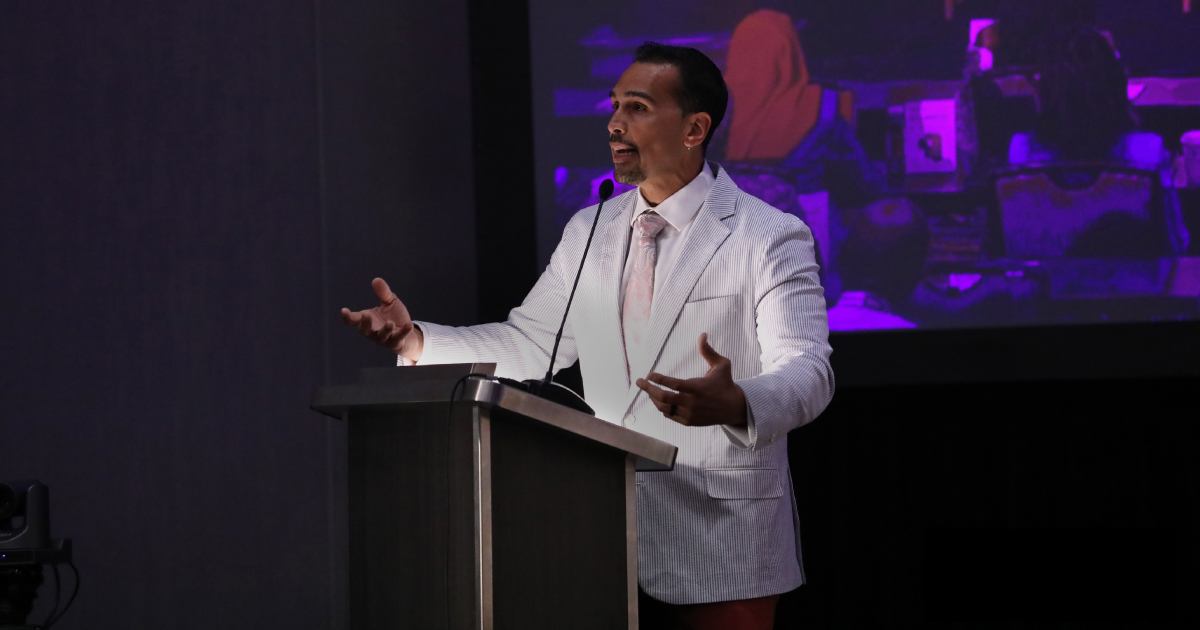
Behind every startup that grows confidently in 2025 is a clear and intentional strategy. It's no longer just about building fast or launching big—it’s about understanding the “why” behind every decision and aligning daily execution with long-term goals. Founders who approach strategy as an active tool, not a static plan, build companies that adapt faster and scale smarter.
As more founders take the stage at the Founders 2.0 Conference, one of our leading entrepreneur events, conversations around sustainable growth and focused leadership will continue to grow. This blog breaks down the key lessons founders need to build a winning strategy—from defining their mission and validating their MVP to avoiding common pitfalls and leading with resilience.
Many founders rush into execution without defining a clear vision. In 2025, clarity in the early stage is not optional but strategic. A strong mission aligns teams, sharpens product focus, and strengthens investor conversations. Startups that stay focused on their core mission consistently outperform those that try to chase every opportunity. Like Airbnb, which began by solving a specific local problem, your North Star helps cut through the noise and guides every decision as your company grows.
Ask yourself:
The MVP (Minimum Viable Product) isn't about impressing investors or going viral—it's about validation. Especially in 2025, when no-code platforms and AI tools have lowered the barrier to launch, the real edge lies in learning quickly.
Rather than packing in features, start with:
Slack began as an internal tool for a failed game, not a billion-dollar idea. What worked in-house became their product. At our upcoming business conference, experts will highlight how internal pain points often reveal the most scalable startup solutions.
Raising money used to be the measure of momentum. In today’s landscape, investors are rewarding startups that use capital strategically, not excessively.
When you pitch at your next entrepreneur event, you’ll need more than a sleek deck. VCs will expect to see responsible burn rates, smart hiring decisions, and a path to profitability.
Here’s what winning founders are doing:
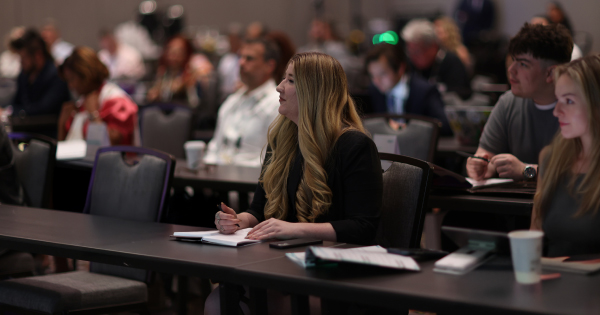
Culture isn’t just about perks or remote policies—it’s the invisible operating system of your startup. It defines decisions, how people respond under pressure, and how the team aligns when goals shift. For early-stage companies, where every hire and decision matters more, culture becomes the foundation for speed, trust, and focus. It's the lens through which your team interprets challenges and opportunities, shaping how they act and think.
Founders who intentionally shape culture from day one set the stage for:
That intentional culture will help startups stand out as they grow in unpredictable environments. Experts at our upcoming business conference will highlight how early cultural choices influence everything from team performance to product quality and investor confidence. Culture is not secondary—it is central to long-term startup success.
Building a company is challenging, but what often gets overlooked is how it feels on the inside. The pressure to perform, the weight of constant decisions, and the isolation that can come with leadership all take a toll. Mental resilience is not optional for founders aiming for long-term success.
That’s why founders now treat emotional resilience as part of their operating strategy. The smartest ones are:
This is not indulgence but a form of protection. Your ability to lead your company through uncertainty depends on your mental resilience. A founder’s mindset will shape the company’s future just as much as its product strategy or financial decisions.
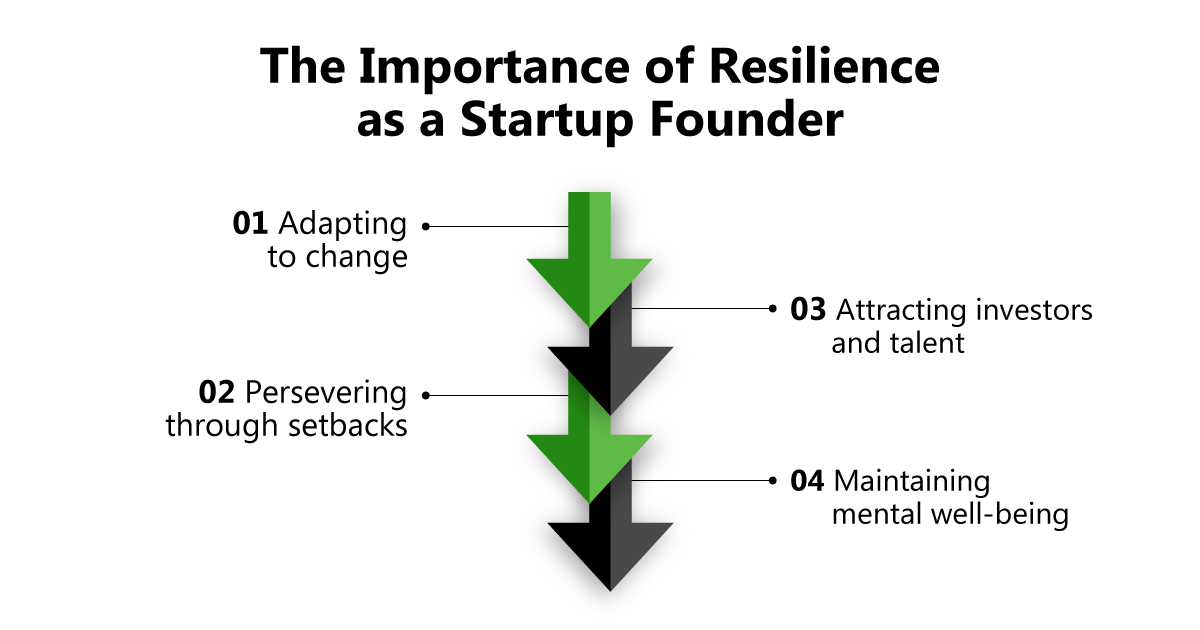
Source: FasterCapital
Even with access to more tools, funding, and knowledge, early-stage founders still fall into familiar traps. Avoiding these can save you months of backtracking:
Recognizing these missteps early allows founders to correct course before minor issues become costly problems. Lessons like these will be emphasized at our business conference, where experienced entrepreneurs will share how intentional execution can lead to lasting impact. It’s a competitive edge that will continue to separate reactive startups from those building with intention and clarity.
The path to startup success in 2025 will belong to founders who lead with clarity and adapt with purpose. Strategy is no longer a luxury for startups—it is a necessity that separates lasting companies from fleeting ideas. When founders align their mission with daily execution, they create a strong foundation for focused and consistent progress. Your strategy should shape every decision from product development to team building and ultimately define how your business scales.
Experts attending the Founders 2.0 Conference, one of our leading entrepreneur events, will spotlight founders who pair vision with discipline and build businesses designed to lead their industries forward. These leaders inspire others not just through success but also through the clarity and intent behind their decisions. Their stories will shape conversations and influence how the next generation of entrepreneurs approaches growth and innovation.
1. What should I prioritize first when building a startup strategy in 2025?
A. The first and most critical step is defining your mission and identifying your unique value proposition. This solid foundation informs every major decision—from the product you build to the people you hire and the investors you pitch to. A clear purpose keeps your team aligned, helps you stay focused, and ensures your startup is solving a real problem meaningfully.
2. Why is culture treated as a strategic asset?
A. Culture isn't just about perks or company values written on a wall—it directly impacts how your team executes under pressure. A strong, values-driven culture promotes better decision-making, higher retention, and a more cohesive product vision. Especially in times of uncertainty, culture becomes the glue that holds your team together and the compass that keeps your startup on track.
3. Who attends the Founders 2.0 Conference?
A. The Founders 2.0 Conference attracts a diverse group of attendees, including early-stage startup founders, venture capitalists, startup mentors, ecosystem enablers, and aspiring entrepreneurs. These individuals are deeply invested in the future of entrepreneurship and are actively shaping how innovation evolves in 2025. It’s a high-value environment for idea exchange, meaningful networking, and strategic growth.
4. What is the main focus of the Founders 2.0 Conference?
A. The conference focuses on equipping founders with actionable insights and real-world strategies for sustainable startup growth. Key themes include leadership under pressure, building resilient teams, customer-centric innovation, and efficient fundraising in today’s evolving market. It’s designed to help founders build with clarity and intention, not just momentum.
5. How often should the startup strategy be reviewed or updated?
A. Ideally, your strategy should be reviewed at least once every quarter to ensure you're aligned with your goals and market realities. It’s important to stay flexible and adapt to customer feedback, industry trends, and operational challenges. While your core mission may stay constant, your tactics and priorities should evolve with learning and growth.
Anubhav Shukla is a proactive member of the organizing committee for the Founders 2.0 Conference. He is deeply committed to enhancing corporate excellence and facilitating growth through strategic collaboration. Drawing upon his extensive experience and astute industry awareness, Anubhav is proud to be associated with a platform that empowers business leaders to surmount obstacles, capitalize on opportunities, and mitigate the risks associated with fraud, scams, and spam within the legitimate business sphere.

Posted on : Wed, 11/05/2025 - 15:48

Posted on : Thu, 11/06/2025 - 16:26
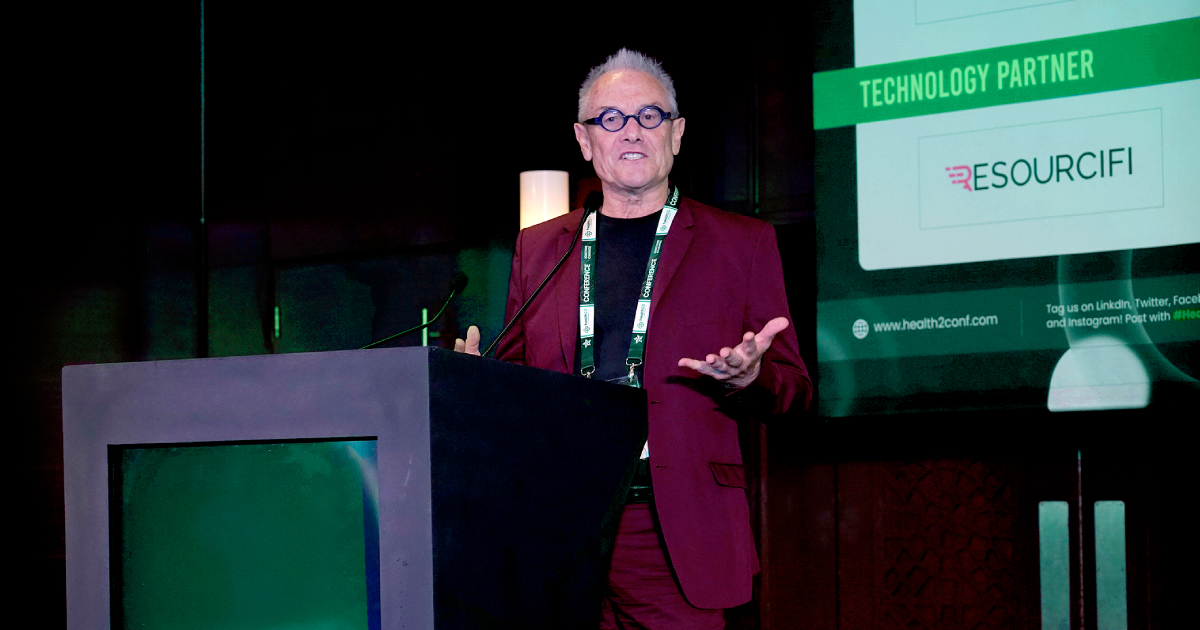
Posted on : Fri, 09/26/2025 - 15:26
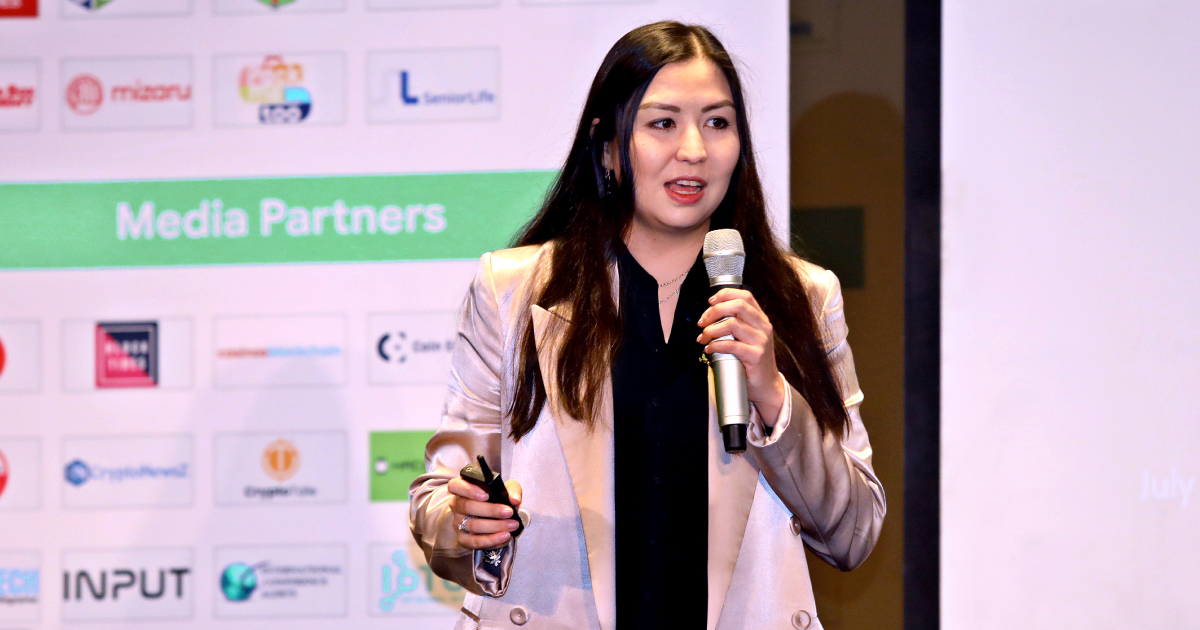
Posted on : Fri, 09/26/2025 - 15:05
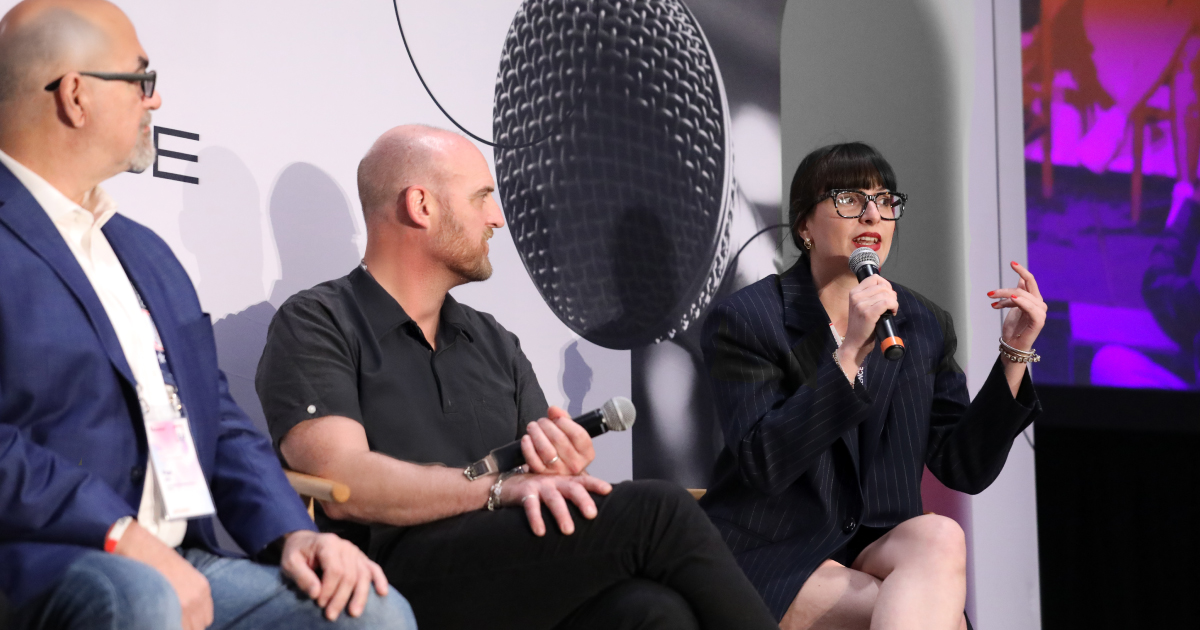
Posted on : Wed, 09/24/2025 - 16:18
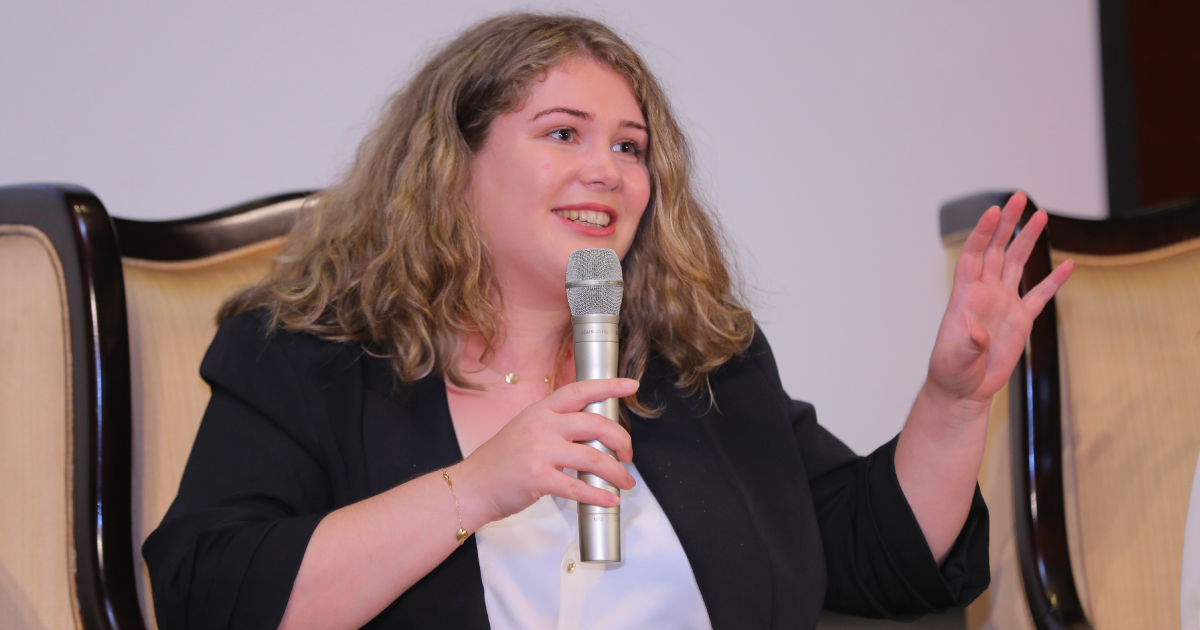
Posted on : Fri, 08/08/2025 - 16:41

Posted on : Thu, 07/31/2025 - 18:18

Posted on : Fri, 07/25/2025 - 20:07
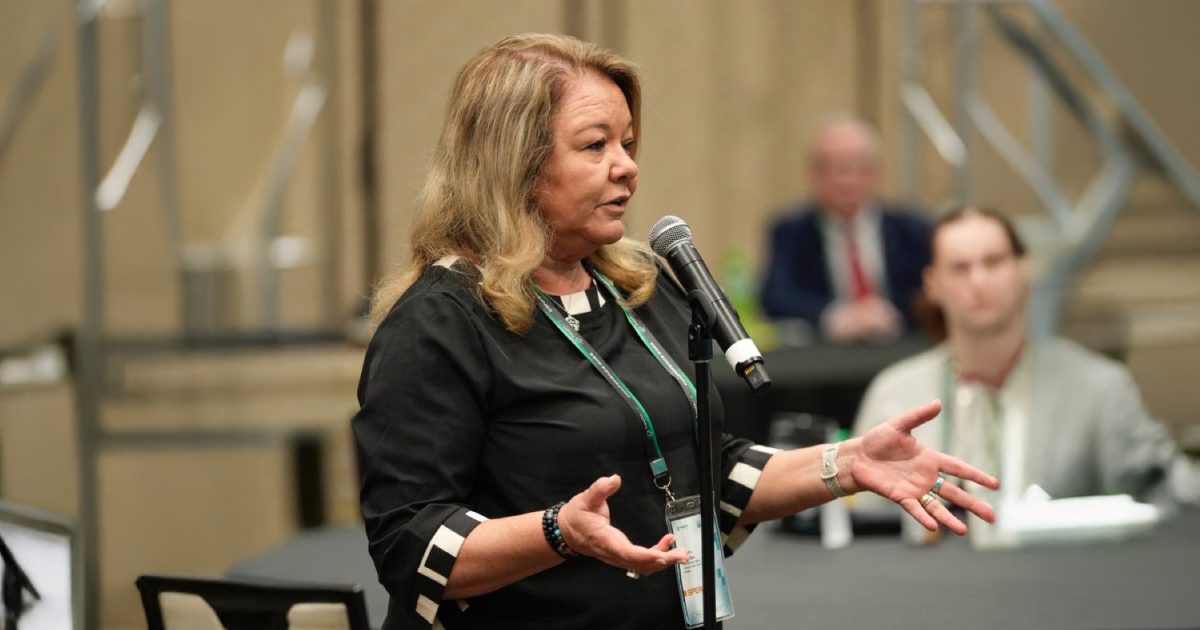
Posted on : Tue, 07/01/2025 - 19:04

Posted on : Thu, 06/26/2025 - 15:09